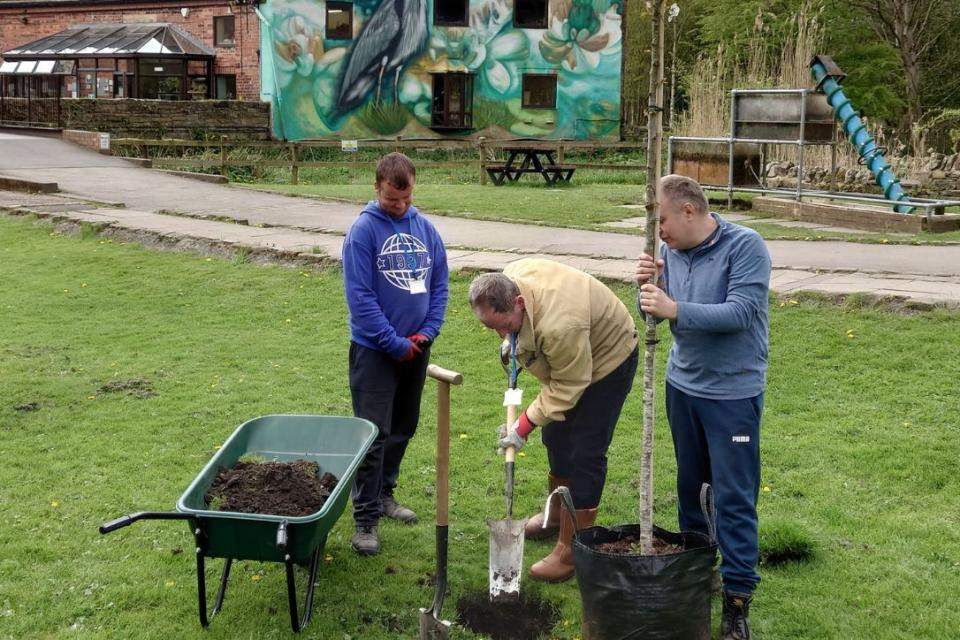Case studies
We bring people together to solve real challenges, grow stronger organisations, and do good that lasts.
Featured

Business partner
Wellington Management: learning by doing good
Global asset managers, Wellington Management partnered with Pilotlight to pioneer an innovative approach to leadership development, blending professional growth with meaningful social impact.

Business partner
Charity Partner
Financial Conduct Authority & Just Finance Foundation
When the Just Finance Foundation (JFF) set out to develop a compelling corporate engagement offer that would meet evolving Environmental, Social and Governance (ESG) expectations, it joined forces with the Financial Conduct Authority (FCA) and Pilotlight for a high-energy Impact Day.

Business partner
Charity Partner
Deloitte & Just Like Us: Championing LGBTQ+ inclusion through collaboration
Deloitte partnered with Pilotlight to co-create a bespoke programme that would connect its Proud Network with charities championing LGBTQIA+ inclusion.
